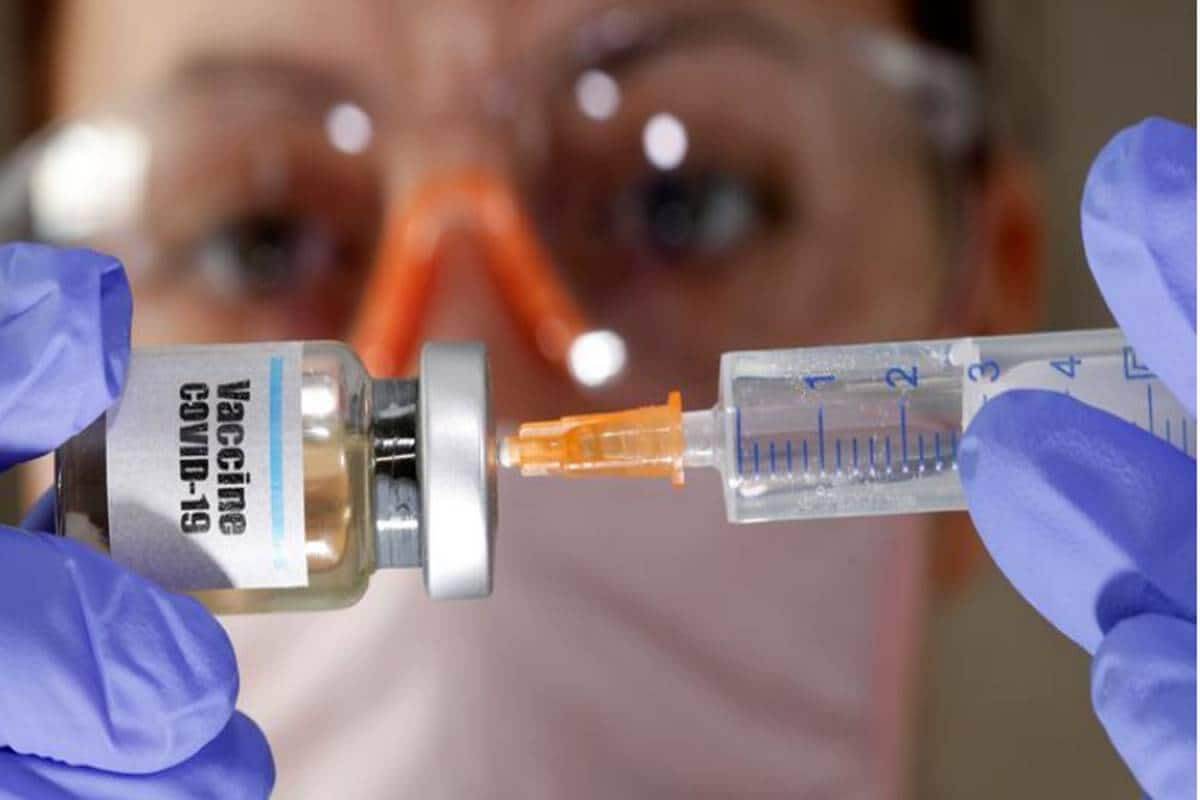On Monday, Indian Prime Minister Narendra Modi held a virtual meeting with three pharmaceutical companies that are currently in the process of developing a COVID-19 vaccine. Teams from Gennova Biopharmaceuticals Limited in Pune and Biological E Limited and Dr. Reddy’s Laboratories Limited in Hyderabad participated in the discussion. A statement from the Prime Minister’s Office said, “He suggested that they should take efforts to inform the general public in simple language about the vaccine and related matters such as its efficacy, etc. Matters relating to logistics, transport, cold chain, etc in respect of delivering the vaccines were also discussed.” He further asked the teams for recommendations and suggestions on a regulatory procedure for the vaccine.
This comes shortly after his visit to the manufacturing facilities of Zydus in Ahmedabad, Bharat Biotech in Hyderabad and Serum Institute in Pune. Following his visits, he applauded the firms’ and their scientists’ progress in developing a vaccine to bring an end to this pandemic. An official statement by the Prime Minister’s Office said, “Prime Minister expressed pride in the face that India’s indigenous vaccine development has progressed at such a rapid pace so far. He spoke on how India is following sound principles of science in the entire journey of vaccine development, which also asking for suggestions to make the vaccine distribution proves better.”
On November 24, Prime Minister Modi also convened a meeting of the chief ministers of the states, wherein he highlighted the importance of the role of states in ensuring widespread access to the vaccine He also called upon the state leaders to submit a plan of action for vaccine administration. The issue of vaccine development, production, and distribution is also going to feature in the all-party meeting that has been called by Narendra Modi on December 4.
Currently, there are several frontrunners in the race to develop an indigenous vaccine in India. The first is Covaxin, which is being developed by Bharat Biotech in collaboration with the Indian Council of Medical Research. This candidate has successfully completed Phase I and Phase II of the trials. The third phase started on Thursday at AIIMS in New Delhi. The second candidate is ZyCoV-d, which is being developed by Zydus Cadila. The second phase of the trials for this vaccine commenced in August. The company has claimed that this candidate will be available by March 2021.
The third vaccine, which is being developed by the Serum Institute in Pune, is Covshield or Oxford-AstraZeneca. This candidate has been at the centre of several controversies recently. Last month, the vaccine came under scrutiny for the lack of transparency and clarity of the trial results. Further, the controversy further stirred up after reports emerged that the vaccine’s 90% efficacy rate was discovered as a result of a mistake during the trials. Now, in India, this candidate once again found itself at the centre of a controversy after a 40-year-old volunteer sued Serum Institute after allegedly falling sick as a result of an adverse effect of the vaccine. However, the success of this candidate is not only crucial for its developers, but also the world at large as it will provide a cheaper and more accessible alternative.
Further, the Biological E Limited has initiated its Phase I/II of clinical trials in collaboration with the American company Dynavax Technologies Corporation. Dr. Reddy’s, in collaboration with the Russian Direct Investment Fund, is conducting trials for the Russian vaccine Sputnik V, which was developed by the Gamaleya Institute in Russia. Meanwhile, Gennova is working on a candidate that is being developed using the mRNA technology.
COVID-19 Vaccine: Where Does India Stand?
Amid a continued surge in COVID-19 cases, Indian PM Narendra Modi holds discussions with several pharmaceutical firms to review the progress made on vaccine development, production, and distribution.
December 1, 2020

Representational image SOURCE: INDIA.COM
